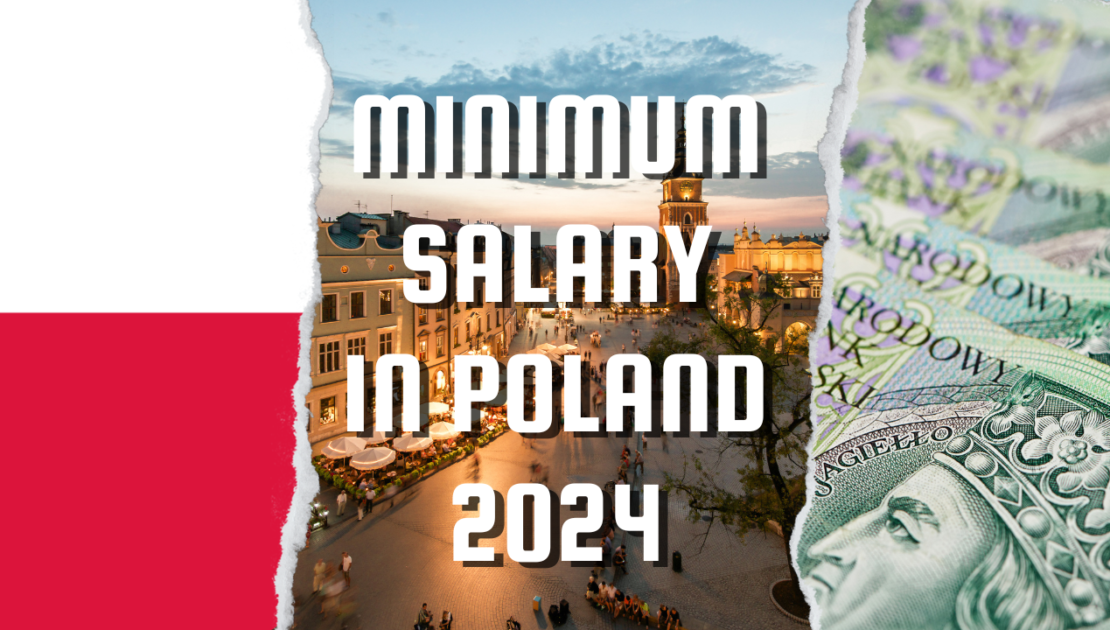Boost of salary in Poland 2024 !
- 16 March 2024
- The Migration Bureau
- No Comments

Boost of salary in Poland 2024 !
The minimum wage stands as the legal bedrock, ensuring employees receive fair compensation for their work within the confines of employment or mandate contracts.
In Poland, the minimum wage landscape has undergone significant shifts, with 12% of individuals earning the minimum wage in 2018, a figure placing Poland at the forefront in Europe. However, projections from the Ministry of Family and Social Policy indicate a substantial rise, with an expected surge from 1.6 million in 2021 to 3.6 million in 2024, encompassing 27% of the working population.
The rapid escalation prompts contemplation on the consequences of this surge in Poland’s minimum wage. We invite you to share your perspectives in the comments section below the video. What are your thoughts on such swift increases and the simultaneous flattening of wages?
Earning More in Poland 2024
As of January 1, 2024, the minimum wage witnessed an initial increase from PLN 3,600 gross to PLN 4,242 gross. Excitingly, another raise is on the horizon, slated for July 1, 2024, pushing the minimum wage from PLN 4,242 gross to PLN 4,300 gross within a few months. Additionally, the minimum hourly rate for services will rise from PLN 27.70 to PLN 28.10 from July 1, 2024, signaling a considerable salary boost.
Understanding the Gross and Net Dynamics
While the minimum wage figures are presented as gross amounts, it’s crucial to decipher the net amounts that employees actually receive. An essential aspect often overlooked is the additional costs borne by employers. In 2024, the actual cost for an employer hiring at the minimum wage is approximately 5100 PLN. This disparity between gross and net income showcases the substantial impact of taxes, insurance, and other mandatory contributions on the employee’s actual take-home pay.
Employer Costs and the Minimum Wage
It’s important to grasp the considerable costs that employers incur when hiring at the minimum wage in 2024, amounting to almost 5100 PLN. While a full-time job contract may state a gross amount of 4242 PLN per month, the net income after accounting for taxes and contributions hovers around 3200 PLN.
In Conclusion
Now equipped with the knowledge that the minimum wage for a full-time job stands at 4242 PLN gross, it’s vital to consider the broader context of employer costs and mandatory contributions. Comparable insights into minimum wages in European Union countries offer a comprehensive understanding for those living and working abroad.
We encourage you to share your thoughts on the Polish minimum wage and how it aligns with your home country’s wages. Your experiences and insights, shared in the comments below, can provide valuable perspectives for fellow expats.
If you have questions or reflections, share them in the comments below. Your feedback is invaluable, and we eagerly anticipate hearing your thoughts on the evolving landscape of minimum wage in Poland.










